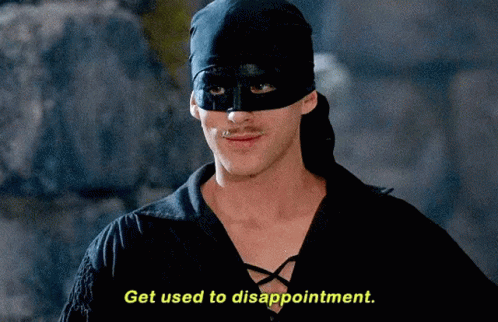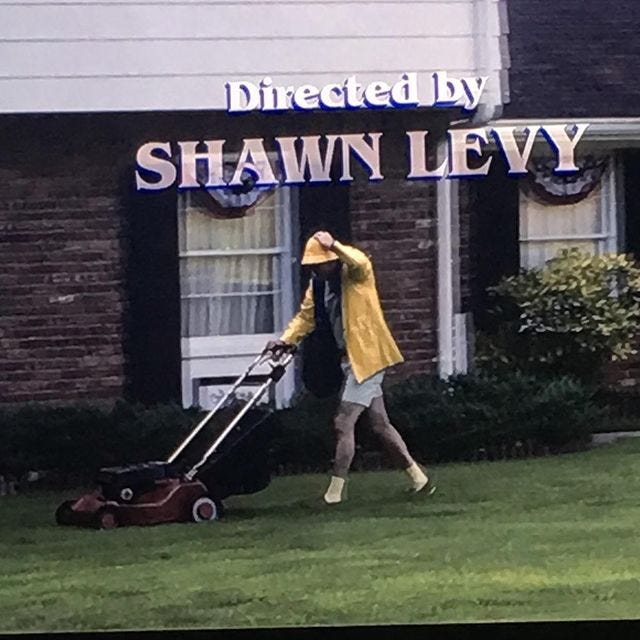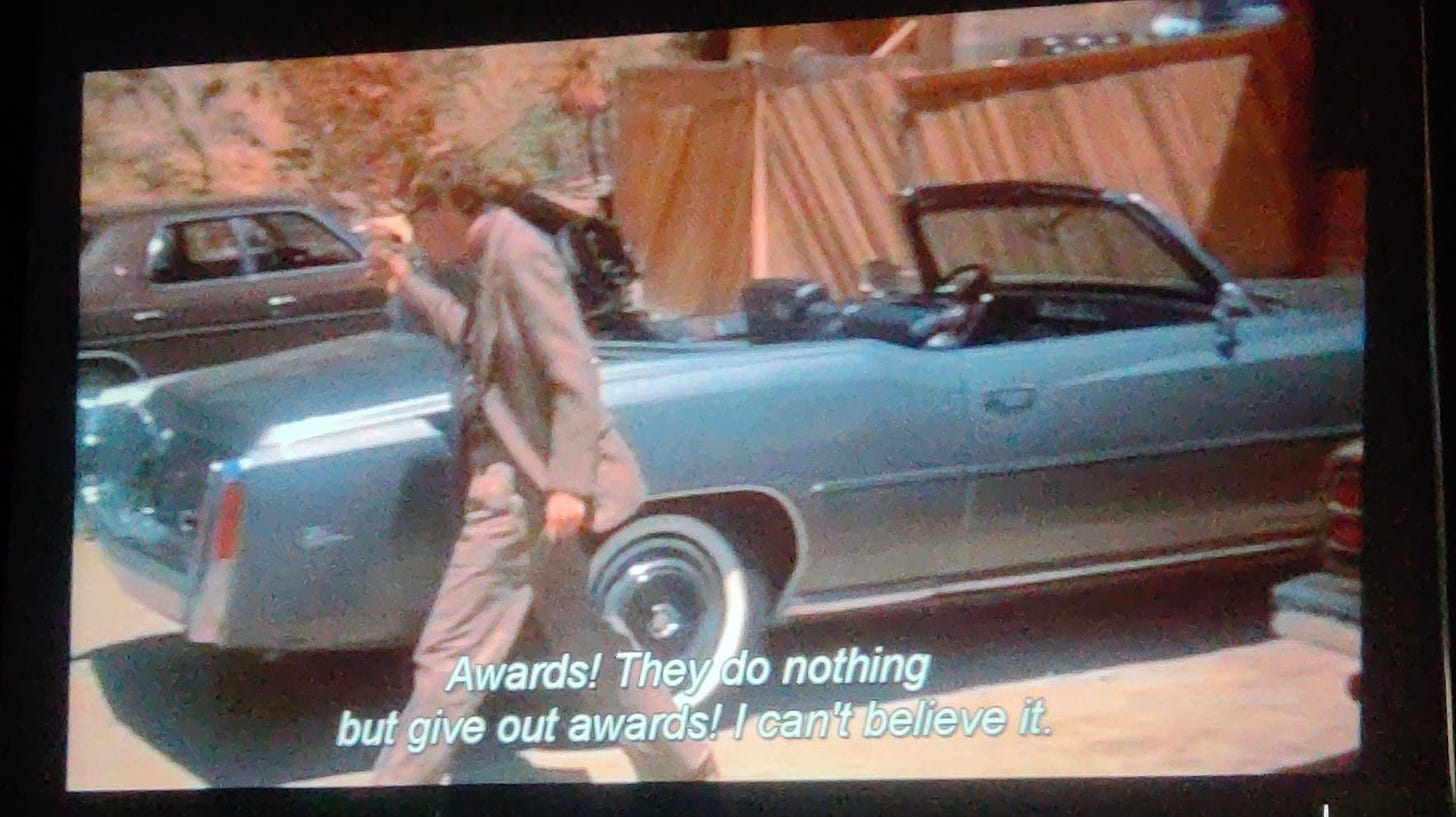Upside Down and All Around
A Stranger Things post (with spoilers because I don't know how to talk about shows without spoilers)

On the show Buffy the Vampire Slayer, the town of Sunnydale had a hellmouth—a link to the demonic underworld and potential openings to other dimensions. The Duffers who created Stranger Things decided to give us the Upside Down, an alternate space dimension that interacts with most people’s reality only through certain channels, like a girl with telekinesis or a boy who had prior contact. Another show besides Buffy the Vampire Slayer that I kept thinking of as I plowed through the first season of Stranger Things was “The Hounds of Baskerville” [episode 2, season 2 of Sherlock (BBC, 2012.)] Set in Devonshire, that show was about a top secret (of course, British) government lab that was doing supernatural experiments—and we learned that those experiments were but a continuation of a project begun by the CIA in Liberty, Indiana. There must be something in the water in Indiana!
I love that Stranger Things is set in the ‘80s, last decade of the Cold War. The kids use gigantic walkie-talkies, ride bicycles with banana handlebars, and joke around about slang words like “tubular.” The ‘80s were a decade of transition, a time when Russians were being introduced to the joys of Pepsi and American kids were wasting more and more time on arcade and Atari games. In terms of space, the people of Hawkins live in the middle of America—in a so-called “flyover” state. The millennials were in diapers, in the womb or even yet to be conceived. We didn’t have iPads; we had “Speak & Spell.” Hawkins is transitory both in terms of time and space—in the middle of a nation and also at the inception of the “Information Age.”
Families were changing too. In a way, the Wheelers represent a throwback to the “nuclear family,” but even they are in flux. Ted, the dad, played by Joe Chrest, chews his food and drinks coffee to stay awake. Awake for what, we hardly can tell. We assume he has a job, a yuppie job most likely, to pay for their big house which he is too tired to enjoy. His wife, Karen, played by Cara Buono, actually seems to be trying to wake up. She gulps chardonnay and reads romance novels in an attempt to spice up her life. Meanwhile, their kids are getting mixed up in plenty of trouble outside the house, although occasionally that trouble comes into the house. The parents are bizarrely oblivious to it all! Stranger Things have happened!
What is not “stranger,” perhaps, is the fact that the parents function in a reality different from the one absorbing the attention of the kids. The most disconnected from the parental realm of all three of the Wheeler children happens to be the middle child, Mike (Finn Wolfhard.) Although he has a bedroom upstairs along with the rest of the family, he spends little to no time there and, in fact, hangs out mostly in the basement, a domain of the house where no other Wheeler transgresses. He plays Dungeons & Dragons with his friends there. It is their domain of secrecy and confidentiality. He gets to be a boy there, the boy, and the leader of his pack. He and his friends are an autonomous community, with their own communication system. Dustin (Gaten Matarazzo) is the science guy of the group. Lucas Sinclair (Caleb McLaughlin) is good with logistics. Their combined talents and bravery, and willingness to go grab information adults fail or refuse to hand them on a platter, make them an unstoppable force against the “bad men” and the agents of evil. I love the Ghostbusters analogy in Season 2. The four friends—Mike, Lucas, Dustin, and Will (Noah Schnapp)—dress up flawlessly as the Ghostbusters, even carrying “proton packs” and ghost traps that are exact replicas of the ones used by the cast of the 1984 cult classic. There is a hilarious altercation among them because both Lucas and Mike assume the cosplay of Venkman. No one wanted to be Winston, apparently. It’s a rare (or perhaps only)1 moment in the series when race comes up but there’s another thing to consider: Lucas and Mike are the natural leaders of the group, and not for the first, nor for the last time, there is a minor power struggle at play.
Kids are doing it for themselves, with a little aid from clued-in adults like Winona Ryder (Joyce, who is Will’s mother) and chief of police Hopper (David Harbour.) For the most part, however, the adults comprise the background noise. An excellent example of how useless most of the adults are turned up midway in season 2. After Dustin's otherworldly and lizard-like “pet” eats his mother’s cat, Dustin runs to the Wheeler house to get some help from Mike. But none of the kids are at Mike’s house, not even Mike. Ted and Karen are home alone, the former drinking coffee, the latter chardonnay. They aren’t speaking to each other. Karen is on the phone with a friend. Ted is in the next room, presumably on the verge of falling asleep, which seems to be his normal state. To Dustin’s dismay, Ted has no idea where either of his older two children, Mike and Nancy, are. Dustin actually loses his temper and calls Ted a son-of-a-bitch, which prompts Ted into uncharacteristic, if fruitless action: “Hey, language!”2 (Fruitless, because he has no authority over Dustin, nor would Dustin would not respect his authority if he had any, and Ted immediately reverts to his usual apathetic state.) Interestingly, Joe Chrest, the actor who plays Ted, compared the role to dads in films like The Goonies, which he believes heavily influenced the creators.3
Another clash of parental-child authority occurs between Hopper and Eleven (Millie Bobby Brown.) Hopper, though, is not a Ted Wheeler. He’s not even Eleven’s father, but he bonds with her and, though his intentions are good, he is overbearing. Having been a captive of the government—totally controlled by an overbearing “papa” (Matthew Modine)—Eleven is now in no mood to submit to controlling tactics. Eleven was lied to by her “papa” and will not tolerate even the possibility of dishonesty now. “Friends don’t lie,” she says often. And yet everyone lies, constantly. Protectiveness, fear of loss, shame, a wish to control circumstances, manipulate—all of these things motivate lying. We lie to ourselves. The love triangle between Nancy, Steve, and Jonathan [Natalia Dyer, Joe Keery, and Charlie Heaton] exhibits a lot of internal dishonesty.
In general, the Byers family (Ryder, Heaton, and Schnapp) are an odd example, for the series, of a family who actually talk to each other. Often, Will doesn’t know how to explain what’s happening to him, but when talking to his mother and brother, he does try. He has the desire, at least, to be honest with his mother and his brother, and he even confides in the unfortunately short-lived character of season 2, his mother’s boyfriend, Bob Newby (Sean Astin.) The Duffer brothers gave us an awesome character in “Bob the brain,” but heartlessly ripped him away much too soon. A random Tumblr user summed up my feelings about that sarcastically: “Wow, I love all these new characters. I can’t wait to see their dynamics develop and evolve.”4
By season 3, the kids have hit puberty. Sexual tension predominates. The characters are distracted by their hormones. To use a relevant double entendre, let’s just say that electromagnetism is in the air. Adults as well as kids are preoccupied with matters of lust and love, so much so that evil Russians come in to buy up the property and go after that most sacred of American institutions—the shopping mall. Even Ted Wheeler gets excited, so much that he jumps off the sofa when it’s raining to mow the lawn.
Political corruption ensues—at the mayor’s office as well as the local newspaper, The Hawkins Post. We get the sense that the mayor is a douchebag, therefore easy for evil Russians to blackmail, sort of like—no, I won’t say it, I won’t go there. Anyway, Nancy Wheeler finds herself in a demeaning work environment, much like what millions of people around the world deal with daily. Newsflash: People don’t take 18-year-old interns seriously. They barely take 20-30-somethings with master’s degrees seriously. It’s sweet, though, when there is what passes for an emotional heart-to-heart between mother and daughter. Nancy confides in Karen, confessing her disillusionment as an aspiring Woodward or Bernstein, and Karen shows us the part of her that gave up because life was too hard—showing us that, perhaps, the script is not quite finished for Karen.
And that’s about all I have to say for now about Stranger Things because I haven’t quite finished season three. Once I’m caught up to the level of the rest of the fandom, I’ll consider doing a sequel post. In summation, my enjoyment of the show is very high. I haven’t been so excited about a Netflix series since Ozark and Cobra Kai, and the latter is coming back soon! As for Stranger Things, it has been racking in awards and nominations by the dozen since 2016—ensemble cast, visual effects, editing, stunts. Millie Bobby Brown is definitely on a meteoric path: She has MTV Awards for Best Hero and Best Actor in a Show; Best Newcomer and Best Actress at the National Film and Television Awards; Best Supporting Actress at the Online Film & Television Association. The show won two Peabody Awards in 2020 and the SAG Award for Outstanding Performance by an Ensemble in a Drama Series. I’m glad to see they won an Emmy for Outstanding Writing in 2017. I think the writing on the show is spectacular. But it’s daunting how many award associations exist today.
“Awards!” decried Alvy Singer. “They do nothing but give out awards! I can’t believe it!”5
It’s true. I do love that I was able to fit an Annie Hall quote into this article. It’s so true, though. I had no idea there was a “Most Bingeworthy Show” award, but there is, and Stranger Things was nominated for it, but surprisingly did not win. I think I set a personal record for myself by binging (almost) three seasons of it in a single week.
I cannot say for sure because I am not finished with Season 3 yet and obviously I still have to watch Season 4.
Tumblr post from User: sharingoxygenwithyou, 19 November 2017: https://sharingoxygenwithyou.tumblr.com/post/167654544922/hey-language.
Ivie, Devon. “An Interview with Stranger Things’ Most Oblivious Dad.” Vulture. 27 June 2022. https://www.vulture.com/article/stranger-things-4-joe-chrest-ted-wheeler-interview.html.
Tumblr post from User: dis-a-ppointment, 29 June 2022: https://dis-a-ppointment.tumblr.com/post/691163620484218880/wow-i-love-all-these-new-characters-i-cant-wait?fbclid=IwAR2YOaHQjnmb7EZRTllGQYLspXT-M7EajA-3D4NF34d4N1yYcaX5rG2Cku8.
Annie Hall (1977). Woody Allen: Alvy Singer. Quotes. IMDb. https://www.imdb.com/title/tt0075686/characters/nm0000095.






